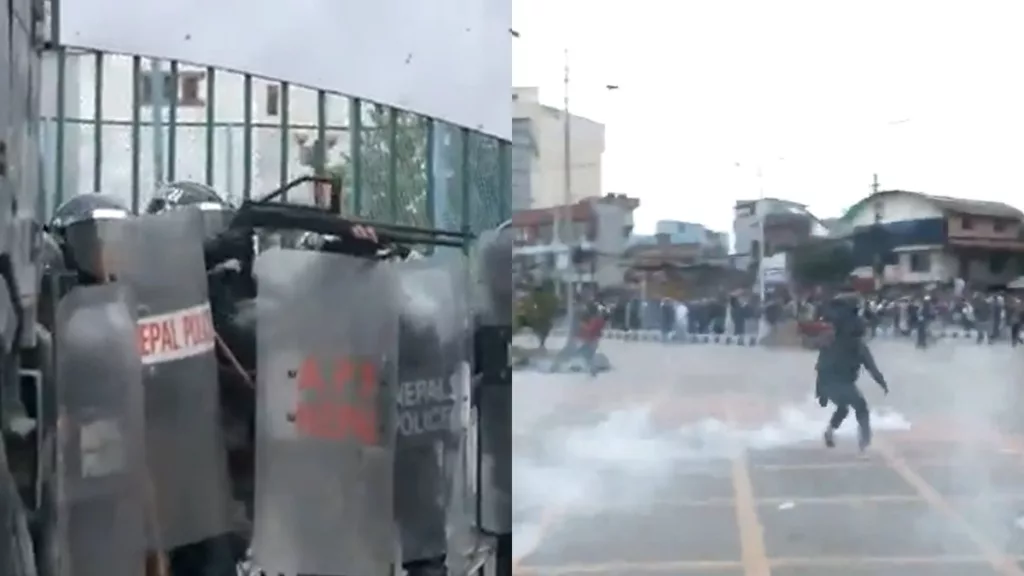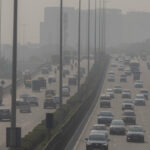Nepal’s capital was rocked by unprecedented youth-led protests on Monday, as thousands of Gen Z demonstrators flooded the streets to oppose the government’s sweeping ban on social media platforms. What began as a peaceful march quickly devolved into violent clashes with security forces, leaving at least nine dead and dozens injured.
The Trigger: A Ban on Digital Expression
The unrest was sparked by a directive issued on September 4, blocking 26 major platforms including TikTok, Facebook, Instagram, and YouTube. Officials cited concerns over “disruption of social harmony” and misinformation, but critics say the move is a thinly veiled attempt to suppress dissent and control public discourse.
“We were triggered by the social media ban, but that is not the only reason we are gathered here,” said Yujan Rajbhandari, a 24-year-old student. “We are protesting against corruption that has been institutionalised in Nepal”.
Youth Mobilization and Escalation
Dubbed the “Gen Z Revolution,” the protests drew thousands of students and young professionals who marched through Kathmandu waving national flags and chanting slogans like “Unban social media” and “Shut down corruption, not connection”. The demonstration began with the national anthem and placards, but tensions escalated as protesters breached barricades near Parliament.
Security forces responded with tear gas, water cannons, and eventually live ammunition. Eyewitnesses described scenes of chaos, with stampedes and skirmishes erupting across restricted zones.
“It started as a peaceful protest, but then the police started pushing us, and it became a battleground,” said a 22-year-old protester.
Casualties and Curfew
Hospital sources confirmed that nine individuals, mostly young adults, died from gunshot wounds and injuries sustained during the clashes. Emergency wards across Kathmandu were overwhelmed, with dozens receiving treatment for critical injuries.
In response, the government imposed a curfew in key areas including New Baneshwor, Singha Durbar, and the President’s residence. Internet services were also disrupted, further inflaming public anger.
Civic Fallout and Global Condemnation
Human rights organizations and opposition leaders have condemned the government’s heavy-handed response, calling for an independent investigation into the deaths and injuries. The ban has drawn international scrutiny, with observers warning of democratic backsliding in the Himalayan nation.
Prime Minister KP Sharma Oli defended the move, framing it as a matter of “national dignity” and regulatory enforcement. But for Nepal’s youth, the crackdown represents a deeper erosion of freedoms and a generational tipping point.
Beyond the Ban: A Generational Reckoning
The protests reflect more than digital frustration—they expose long-standing grievances over corruption, nepotism, and economic inequality. Hashtags like #NepoBabies and #GenZRevolution have surged online, turning TikTok and Reddit into rallying spaces despite the blackout.
As Nepal grapples with political instability and rising youth disillusionment, the Gen Z uprising may mark a new chapter in civic resistance—one driven by digital natives demanding transparency, accountability, and voice.







